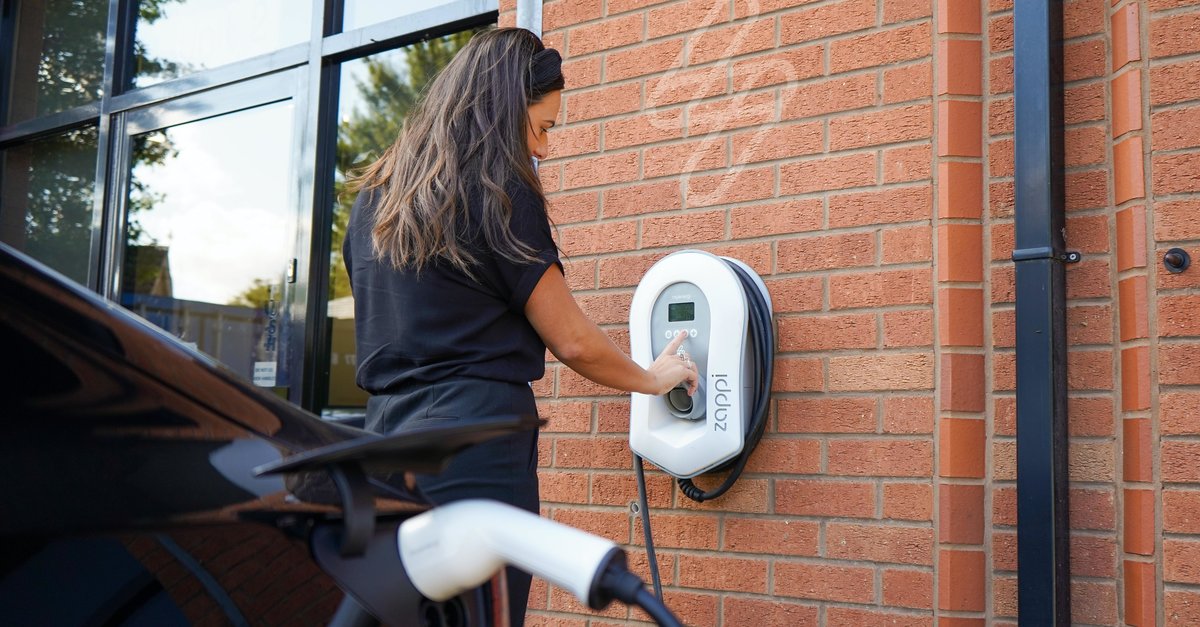The verdict is surprisingly clear
Are classic combustion engines really cheaper than electric cars? The ADAC has now answered this question. The verdict is pretty clear when comparing several vehicles with different drives. The decisive factor is the cost of the respective fuel – there are big differences here.
ADAC: combustion engines are not cheaper than electric cars
When it comes to electric cars, there are still a few Myths and sometimes strange ideas. The prejudice that electric cars are more expensive than their classic colleagues with internal combustion engines has long persisted. Now the ADAC has investigated the question. The conclusion is clearer here than initially assumed.
What is certain is that buying an e-car often leaves a bigger hole in your wallet – despite generous government subsidies and discounts from manufacturers. If but the operating costs are factored in then the whole thing will quickly look different. The increased costs for fuel play an important role here. Petrol and diesel are unlikely to become cheaper in the future, which is also due to the increasing CO₂ emissions.
The ADAC has examined, among other things, a 3-series BMW as gasoline and diesel as well as a Model 3 from Tesla. That is with a useful life of five years and a mileage of 15,000 kilometers per year Model 3 at 52.9 cents per kilometer clearly ahead. The gasoline engine costs 68.6 cents per kilometer. It looks even worse with the diesel version of the BMW, here owners have to reckon with 71.9 cents per kilometer (source: The mirror).
We clarify even more errors about electric cars in Video on:
ADAC: Anyone who drives a lot benefits from e-cars
According to the ADAC, it’s worth it Switching to an electric car especially when many kilometers are driven. The e-car ID.3 from Volkswagen is noticeable at 44.4 cents per kilometer and also costs less to buy than the petrol version. In comparison, the VW Golf (diesel) comes to 48.5 cents per kilometer or 45.7 cents per kilometer as a gasoline engine.



